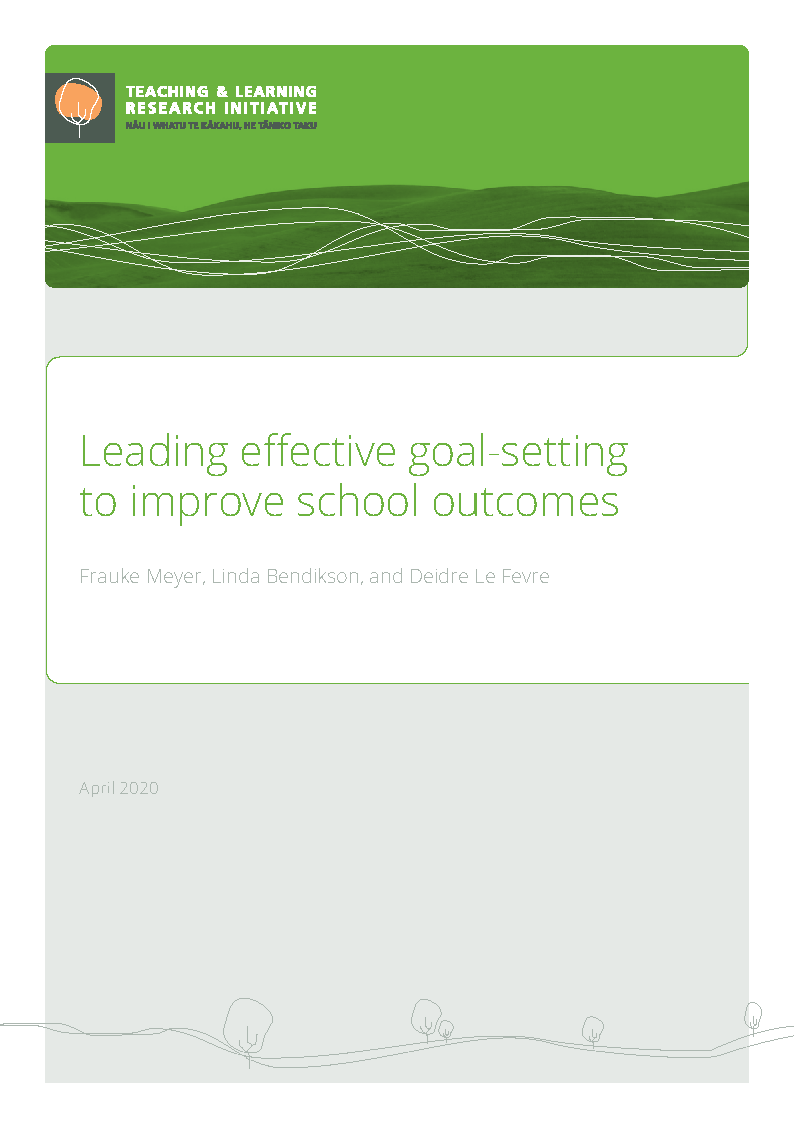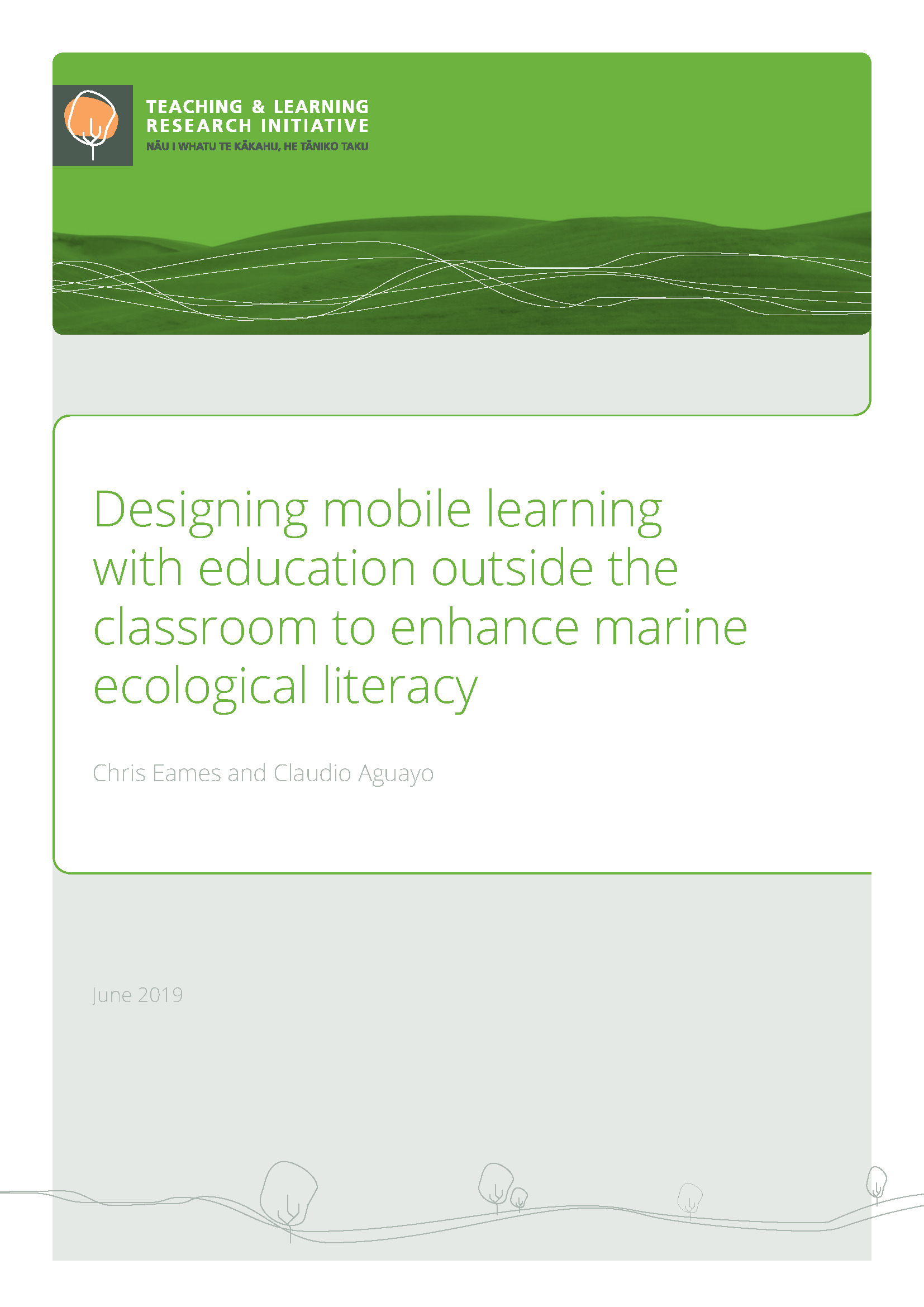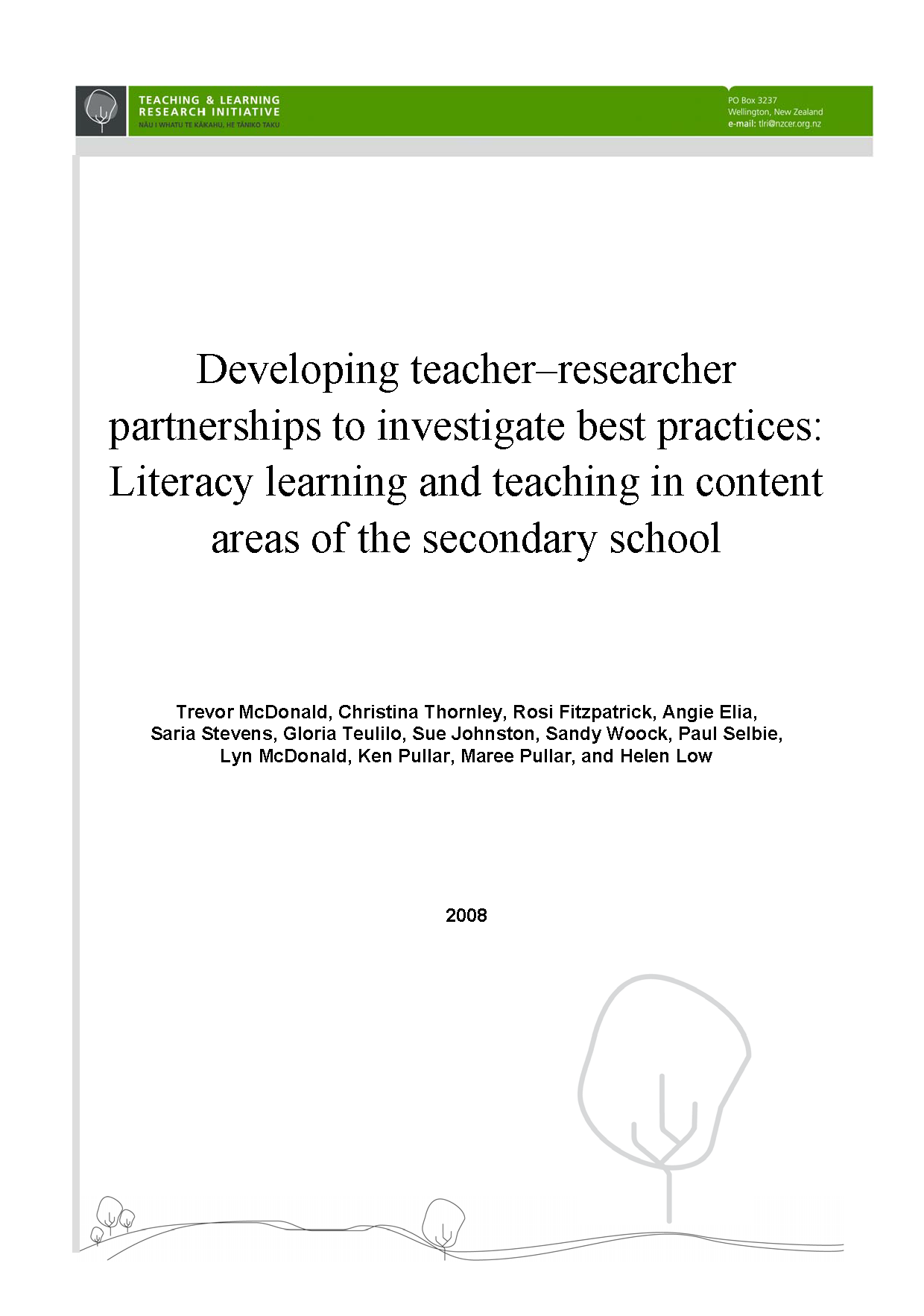
Leading effective goal-setting to improve school outcomes
Introduction Our study highlights how principal leadership of goal-directed practices impacts outcomes. Over 2 years, three academics partnered with three principals and a small “project team” comprising one or more teachers, and one or more middle or senior leaders. All principals were relatively new to their schools; one had been there 2 years, and the other two had been there 12 months prior to the beginning of the project. Two schools were secondary schools (Schools A and C) serving low socioeconomic communities. The other school was a primary school (School B) serving a high socioeconomic community which was challenged by having large numbers of new immigrants—particularly from Asia—and with students with



